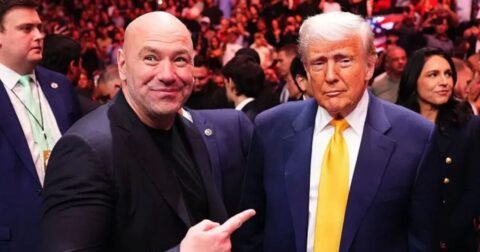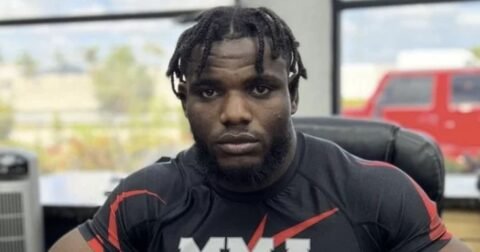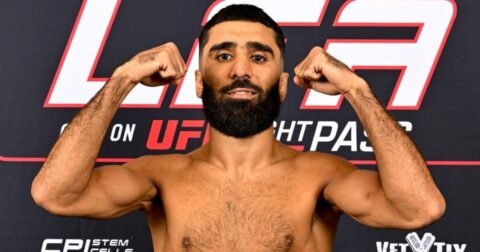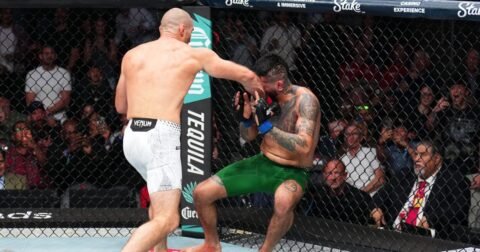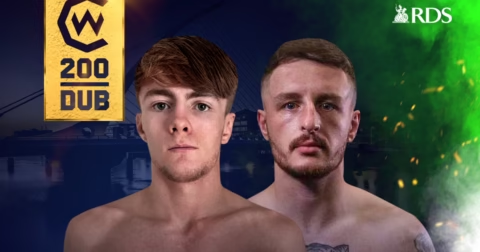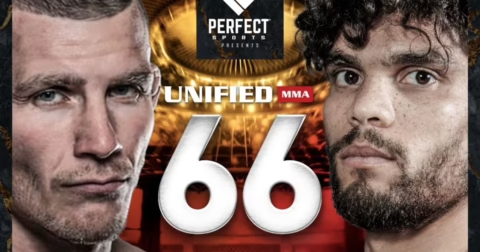In a dramatic twist in the UFC antitrust saga, U.S. District Judge Richard Boulware has denied preliminary approval for a $335 million settlement. This decision delays the resolution of a lawsuit that has been a thorn in the UFC’s side since 2014.
Judge Boulware’s late Tuesday ruling is still awaiting a detailed explanation. The lawsuit, now back on track, will continue with a status conference in August. While a tentative trial date is set for October 28 in the District of Nevada, delays are almost inevitable.
The UFC responded with disappointment on Wednesday. Their statement expressed strong disagreement, emphasizing the extensive experience of the mediators and attorneys involved. “This ruling disregards the expertise of counsel from both sides and an accomplished mediator with decades of antitrust case law experience,” the statement read. “It prevents athletes from receiving what they have argued is in their best interest and unwinds an extensively negotiated settlement. According to plaintiffs’ counsel, this settlement ‘would far surpass the typical antitrust class action settlement’ and ‘is an excellent result for the Settlement Classes by all traditional measures.’”
Attorney Eric Cramer, representing the plaintiffs, took a more measured approach. He respected the court’s decision but remained open to renegotiation. “With our client’s interests at the forefront, we are also open to re-engaging with the UFC to reach a new settlement, addressing the Court’s concerns,” said Cramer.
Judge Boulware had hinted at his decision earlier, questioning if $335 million was sufficient. If the UFC loses at trial, they could face multibillion-dollar damages. However, if the athletes lose, they get nothing. The settlement reached in March was initially celebrated by both sides as a favourable resolution.
The lawsuit alleges the UFC’s anti-competitive tactics have unfairly dominated the MMA industry, suppressing fighter wages. The UFC defends itself by highlighting its investments in the sport and pointing to the existence of other promotions over the past three decades as proof of a competitive landscape.
As the case moves forward, the stakes for both sides continue to escalate, with the fighters and the UFC each standing to gain or lose significantly based on the trial’s outcome.


